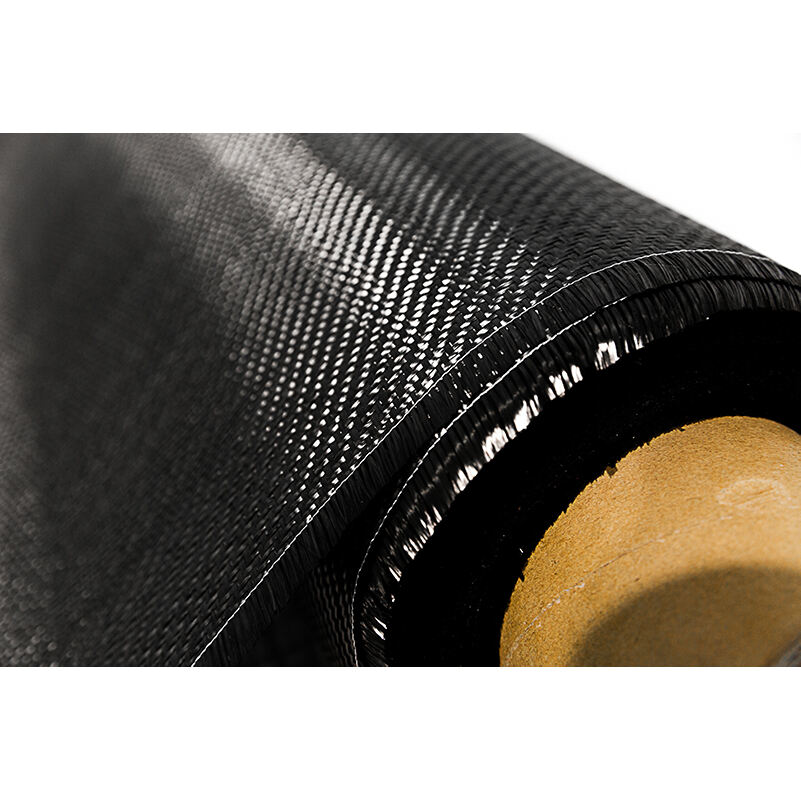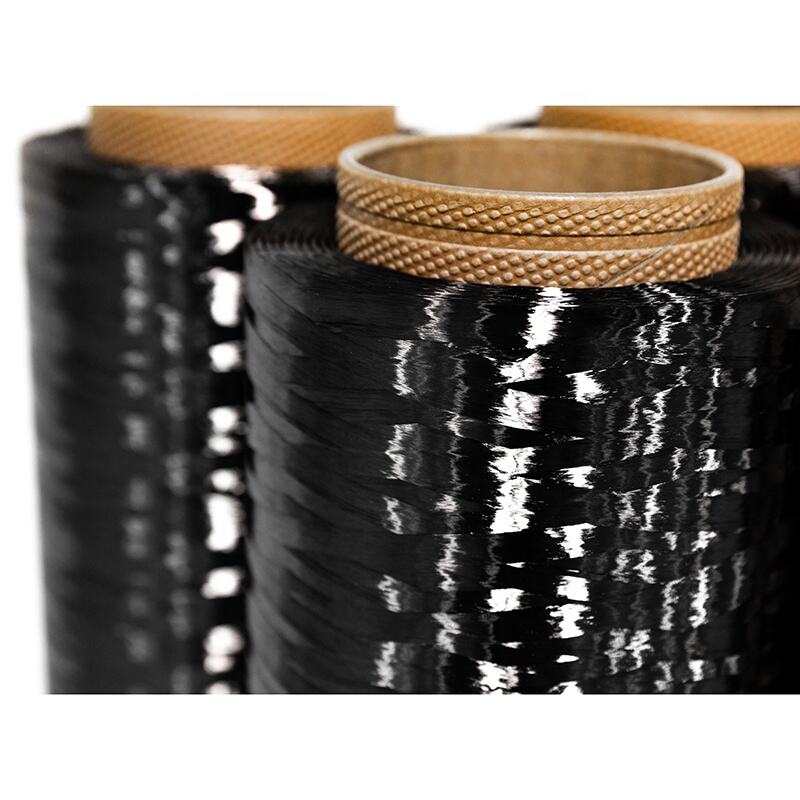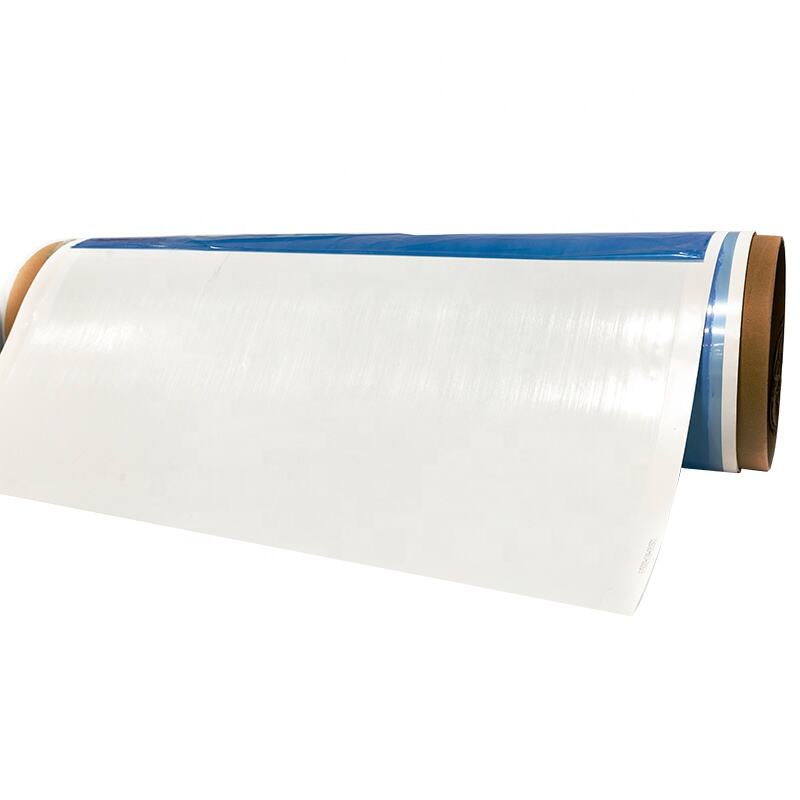carbon material
Carbon material represents a versatile and fundamental element in modern industrial applications, characterized by its unique atomic structure and remarkable properties. This material exists in various forms, including graphite, diamond, and carbon fiber, each offering distinct characteristics suited for different applications. The material's molecular arrangement allows for exceptional thermal conductivity, electrical properties, and mechanical strength, making it invaluable across multiple industries. Its adaptability enables applications ranging from aerospace components to energy storage solutions. Carbon materials demonstrate outstanding resistance to high temperatures and chemical corrosion, while their lightweight nature doesn't compromise their durability. In industrial settings, carbon materials serve as crucial components in electrodes, filters, and structural reinforcements. The material's ability to form different allotropes and compounds has revolutionized material science, leading to innovations in nanotechnology, electronics, and sustainable energy solutions. Recent advancements in carbon material processing have expanded its potential applications, particularly in environmental protection and energy efficiency improvements. The material's natural abundance and recyclability also contribute to its growing importance in sustainable manufacturing practices.


